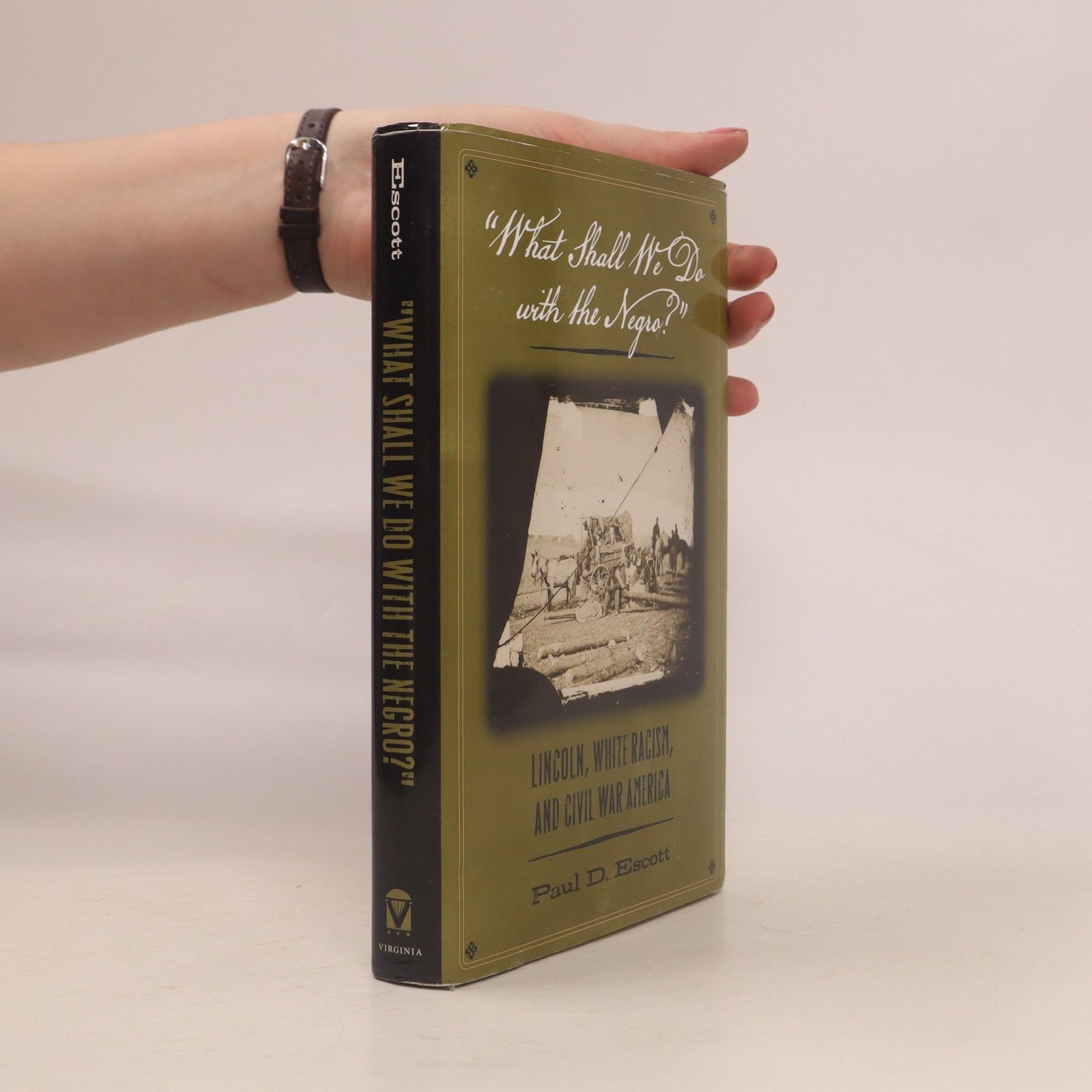This spirited narrative challenges students to think about the meaning of American history. Thoughtful inclusion of the lives of everyday people, cultural diversity, work, and popular culture preserves the text's basic approach to American history as a story of all the American people.The Seventh Edition maintains the emphasis on the unique social history of the United States and engages students through cutting-edge research and scholarship. New content includes expanded coverage of modern history (post-1945) with discussion of foreign relations, gender analysis, and race and racial relations.
Paul D Escott Livres
Paul D. Escott est un historien dont le travail explore les complexités de l'histoire sociale et économique américaine. Son écriture se caractérise par une recherche méticuleuse et une exploration nuancée de la vie des gens ordinaires, en particulier durant les périodes de bouleversements majeurs. Escott cherche à comprendre les forces qui ont façonné la société américaine et la résilience des individus confrontés à l'adversité.



"What shall we do with the Negro?" Lincoln, white racism, and Civil War America
- 332pages
- 12 heures de lecture
Consulting a broad range of contemporary newspapers, magazines, books, army records, government documents, publications of citizens' organizations, letters, diaries, and other sources, Paul D. Escott examines the attitudes and actions of Northerners and Southerners regarding the future of African Americans after the end of slavery. -- From publisher description.
The book features ten insightful biographies of pivotal figures in pre-Civil War America, including notable individuals such as Henry Clay, Frederick Douglass, and Elizabeth Cady Stanton. Each profile delves into how these influential figures shaped and represented the conflicting political and cultural movements of their time, ultimately leading to the nation's significant crisis. By drawing parallels to Hofstadter's classic work, the author provides a nuanced exploration of the contributions and legacies of these key Americans.